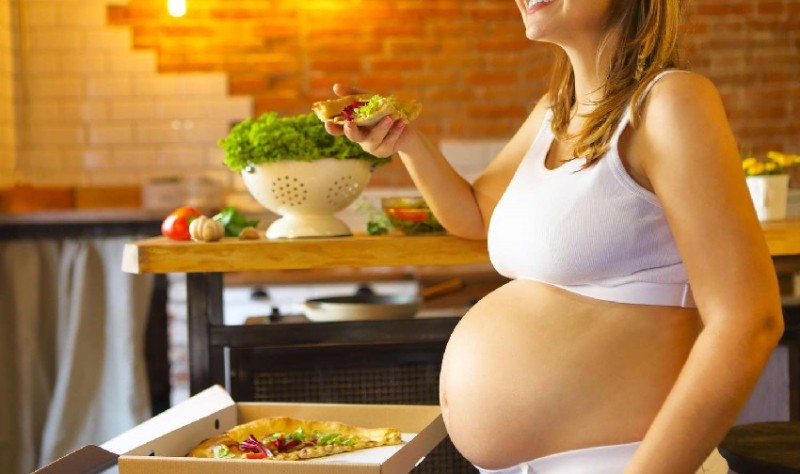
Pregnancy is a time of profound transformation and anticipation. As a mother-to-be, you’re nurturing a new life, and every choice you make can have a significant impact on your baby's health. One of the most crucial aspects of a healthy pregnancy is a well-balanced diet. However, not all foods are safe for consumption during this period. Certain foods can pose serious risks to both the mother and the developing fetus. Here's a comprehensive guide to the foods pregnant women should avoid to ensure a safe and healthy pregnancy.
The Importance of a Safe Diet During Pregnancy
During pregnancy, your immune system is naturally suppressed to support your growing baby. This makes you more vulnerable to foodborne illnesses, which can be more severe and have lasting effects on both you and your baby. Furthermore, certain foods contain substances that can harm fetal development, leading to complications such as miscarriage, premature birth, and developmental issues.
Foods to Avoid
1. Raw and Undercooked Seafood
Raw fish and shellfish, including sushi, sashimi, and raw oysters, can be contaminated with harmful bacteria and parasites. These can lead to severe infections and food poisoning. It’s best to avoid them and opt for fully cooked seafood instead.
2. High-Mercury Fish
Fish like shark, swordfish, king mackerel, and tilefish have high levels of mercury, which can damage the baby’s developing brain and nervous system. Safe alternatives include low-mercury fish such as salmon, shrimp, and catfish.
3. Undercooked Meat and Poultry
Undercooked or raw meat and poultry can harbor harmful bacteria like Salmonella and E. coli. Always ensure your meat and poultry are thoroughly cooked to a safe internal temperature to kill any bacteria.
4. Raw Eggs
Raw or partially cooked eggs can contain Salmonella. This includes foods made with raw eggs, such as homemade mayonnaise, hollandaise sauce, and certain desserts like mousse or tiramisu. Use pasteurized eggs or ensure eggs are fully cooked.
5. Deli Meats and Hot Dogs
Deli meats and hot dogs can be contaminated with Listeria, a bacteria that can lead to miscarriage, stillbirth, or severe illness in newborns. If you consume these, ensure they are reheated until steaming hot to kill any bacteria.
6. Unpasteurized Dairy Products
Unpasteurized milk, cheese, and other dairy products can contain Listeria and other harmful bacteria. Stick to pasteurized products to ensure safety.
7. Certain Soft Cheeses
Even if made with pasteurized milk, soft cheeses like Brie, Camembert, and blue-veined cheeses can still harbor Listeria. It’s safer to avoid them or ensure they are thoroughly cooked.
8. Unwashed Fruits and Vegetables
Fruits and vegetables can carry harmful bacteria and parasites from soil and handling. Always wash them thoroughly under running water before eating.
9. Caffeine
High caffeine intake has been linked to an increased risk of miscarriage and low birth weight. Limit your caffeine consumption to 200 milligrams per day, roughly the amount in one 12-ounce cup of coffee.
10. Alcohol
There is no safe level of alcohol consumption during pregnancy. Alcohol can lead to fetal alcohol syndrome, which causes severe developmental disorders. Avoid alcohol entirely to protect your baby’s health.
11. Processed Junk Foods
Foods high in sugar, unhealthy fats, and refined carbs can lead to excessive weight gain and increase the risk of gestational diabetes. Opt for nutritious, whole foods instead.
Maintaining a healthy diet during pregnancy is essential for the well-being of both mother and baby. By avoiding these risky foods and focusing on a balanced diet rich in fruits, vegetables, whole grains, and lean proteins, you can support your baby's development and ensure a healthier pregnancy journey.
Full List of Foods Pregnant Women Should Avoid:
By steering clear of these foods, you can help ensure a safe and healthy pregnancy for you and your baby.